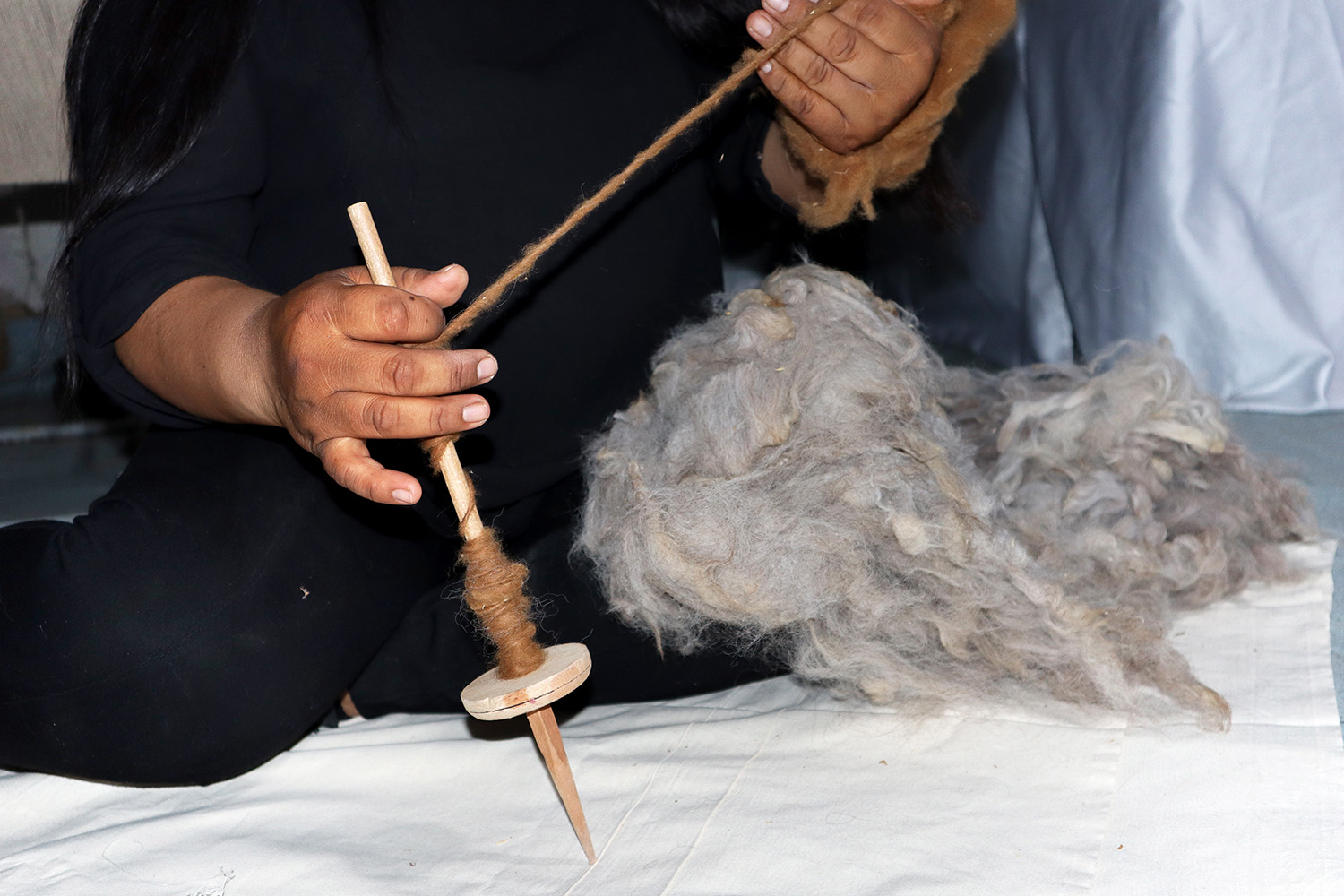
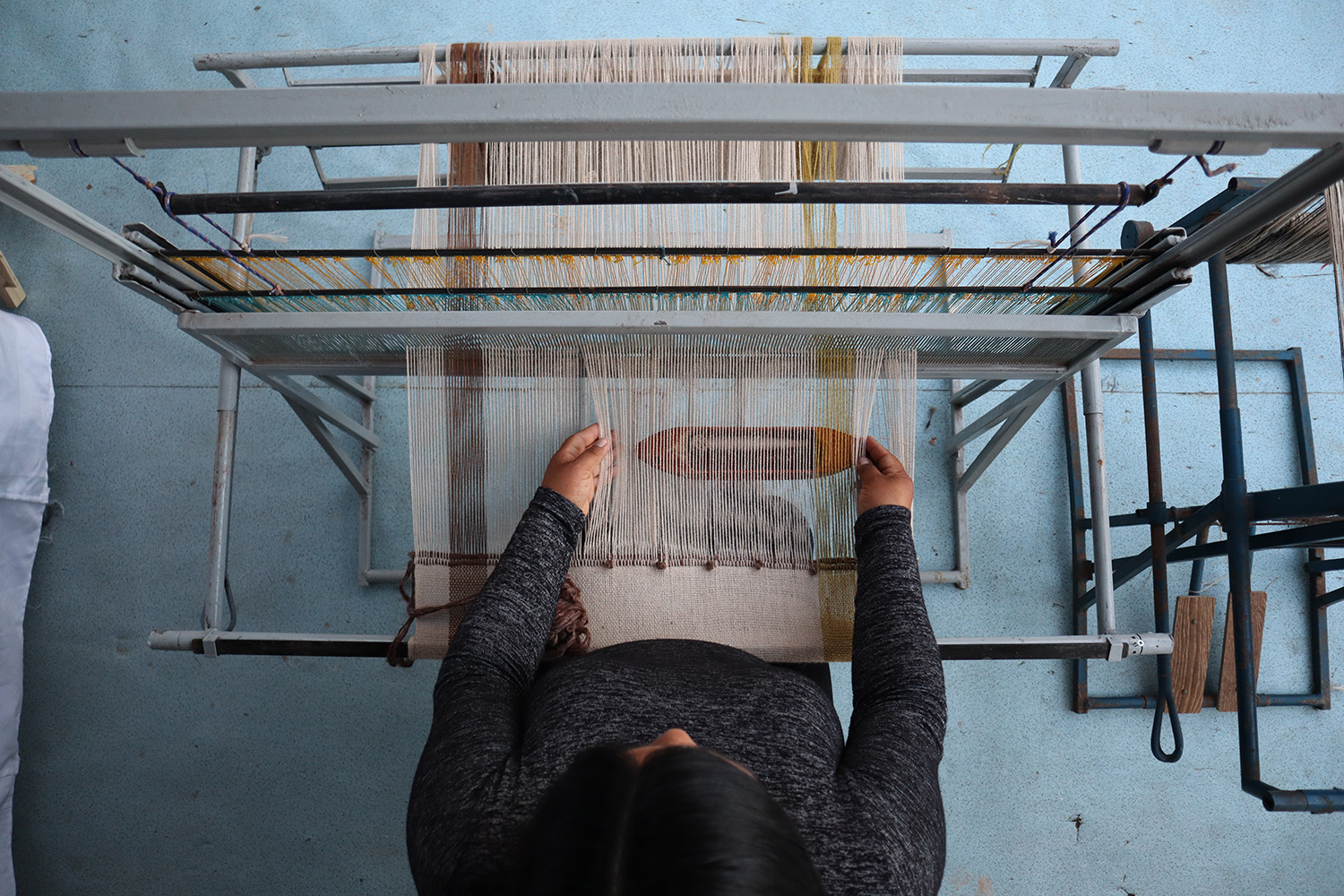
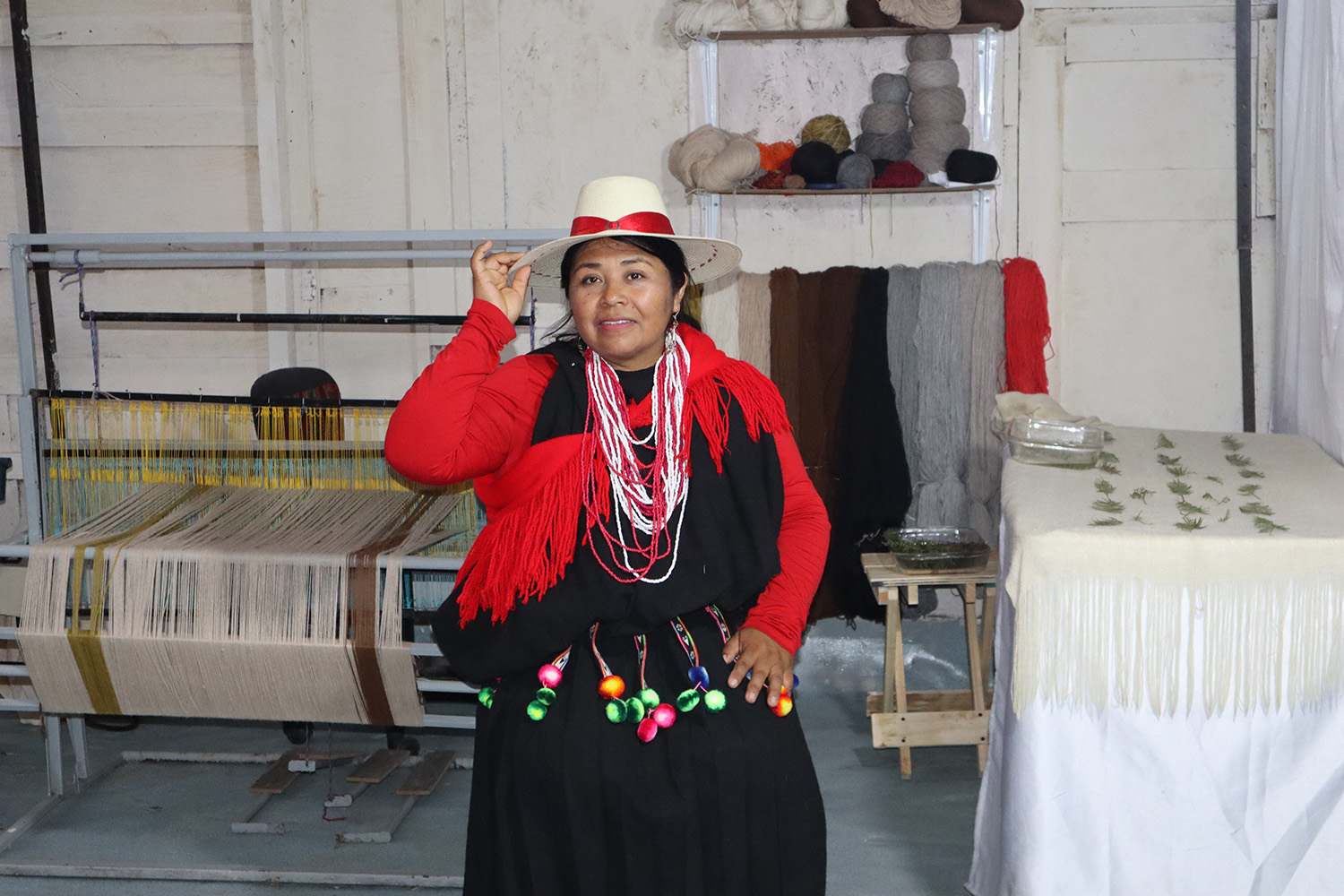
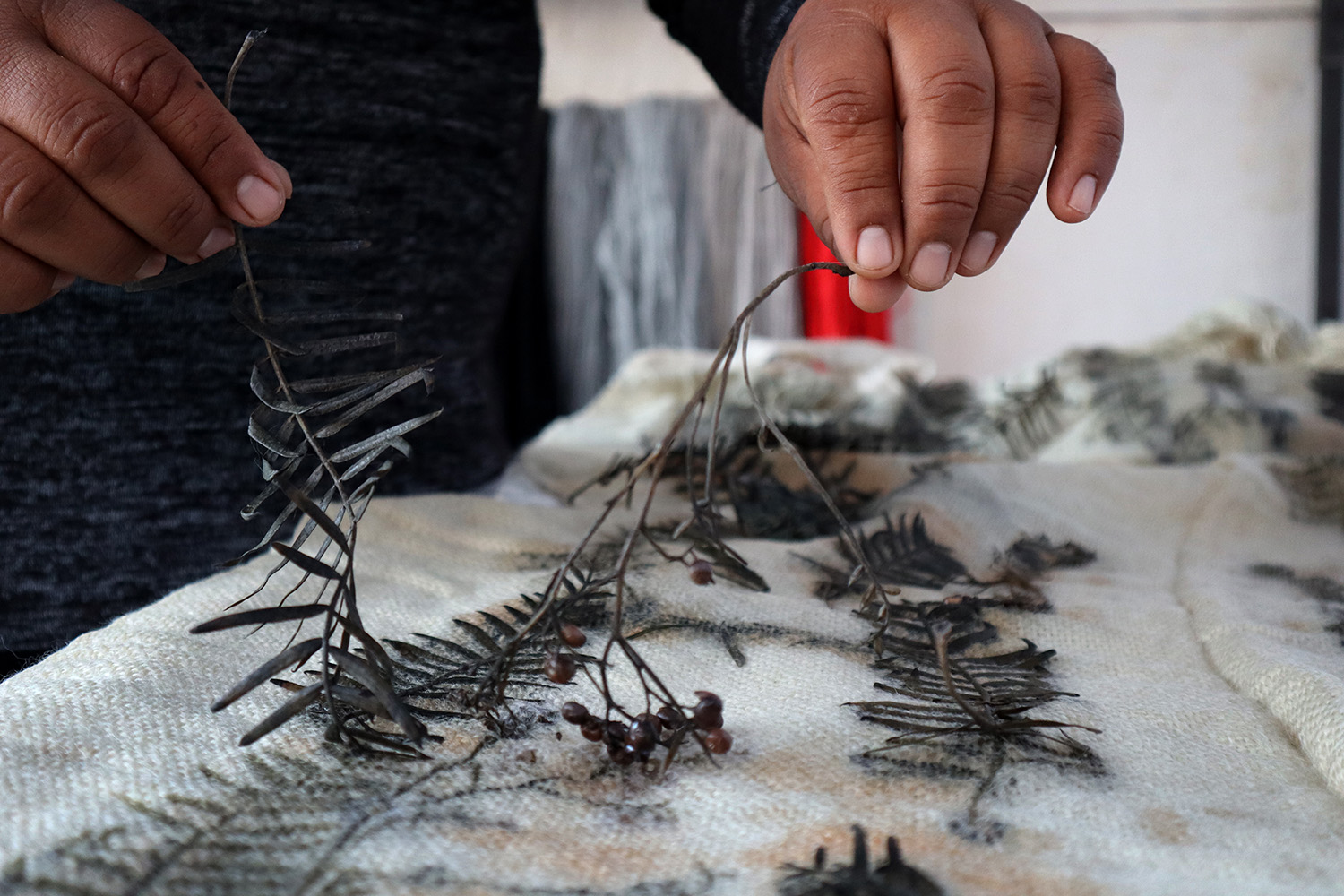
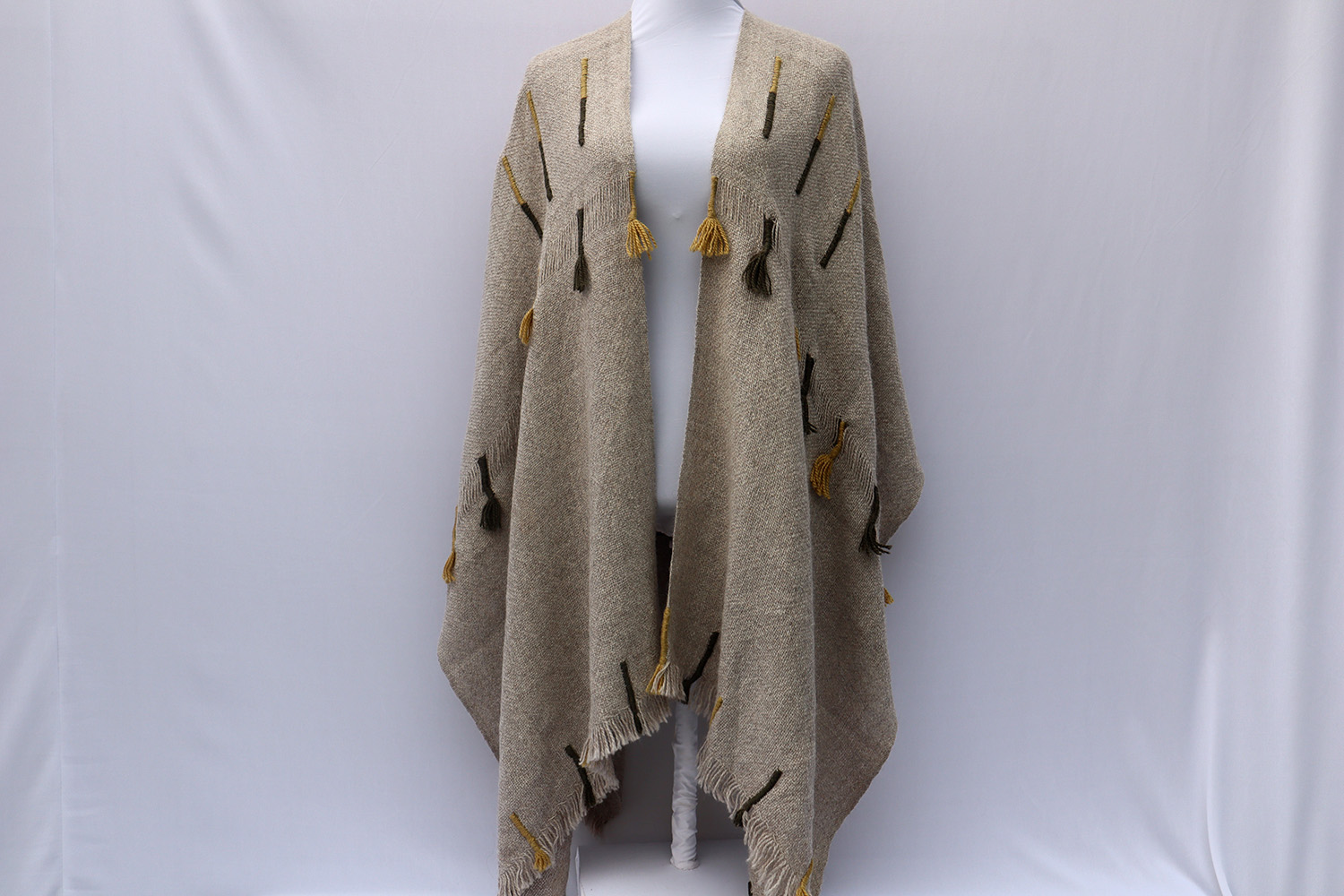





Yenny García Choque's textile work embraces the rich Aymara tradition of her ancestors, yet her pieces also exhibit a modern touch. The Aymara people are located in the northern regions of Chile, Bolivia, and southeast Peru. Historically, the Aymara, descendants of various ethnicities, were influenced by the Tiahuanaco State in the 4th century AD. Later, they became independent lordships that fell under the rule of the Inca Empire about five centuries later. After the arrival of the Spanish in the region, the Aymara social and economic structure underwent significant transformations, resulting in a substantial mestizo population that can still be observed today. Yenny grew up surrounded by textiles. "I already felt like an artisan when I participated in the training sessions organised by my mother, and the instructors emphasised the value of her art," she says. "That is when I realised that I wanted this to endure over time, and for ancestral techniques to continue to be promoted so that the Aymara people would be recognised as a living culture."
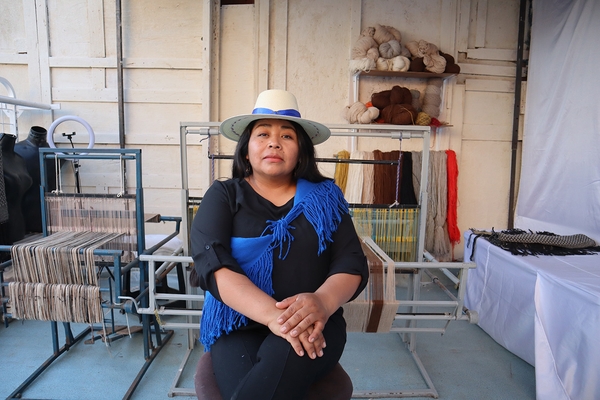
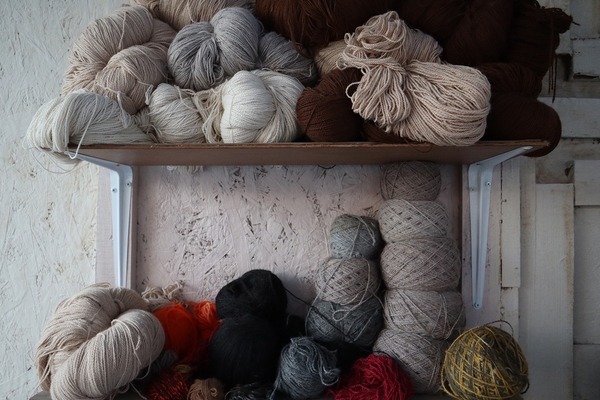
Yenny García Choque